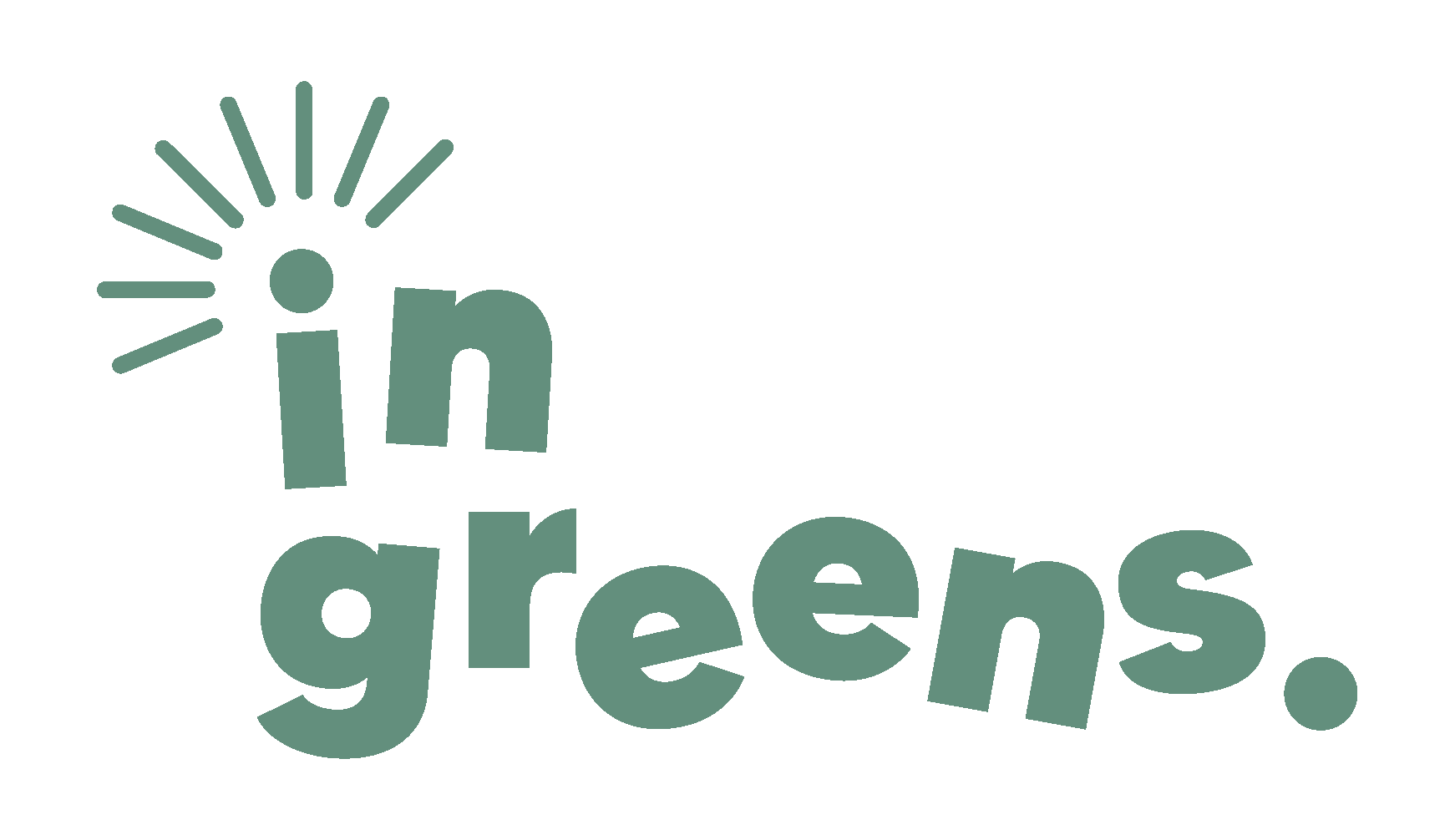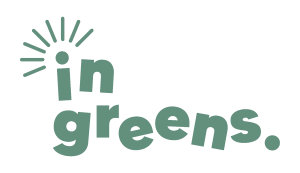Our resident blogger, Ruth Walton spoke with the lovely Laura of Eco Femme who are based in Southern India. Find out more about their eco-village and the work they do through their Pad for Pad scheme.
When did you start your company?
2010
Where are you based?
Auroville, South India
What is a ‘social enterprise’?
A social enterprise is an organisation that applies commercial strategies to maximize improvements in financial, social and environmental well-being. Basically, profits from sales of our cloth pads, fund our non-profit work which is providing menstrual health education as well as free or subsidised cloth pads to women ad girls in India through our Pad for Pad and Pads for Sistersprogrammes.
How many people are in the Eco Femme team?
We’re currently a diverse team of 20 women from all over the world.
What inspired you on your journey to reduce your plastic waste?
Our co-founder Kathy first decided to make cloth pads after moving to India in 1997 and discovering there was no real solution to disposing of her menstrual waste – she was having to dig holes in the sun-baked ground to bury it which soon prompted her to find a more sustainable solution.
Why do you use organic cotton for your menstrual pads?
Because standard cotton is often treated with pesticides which are harmful to wildlife and to our bodies. Our organic certification ensures that our cotton flannel is naturally and ethically produced at every step from the source to our end customer.
What other materials are used to make your pads and why?
We use polyurethane laminate (PUL) on the bottom layer of fabric which is used for leakproofing. It’s the only part of our pad which is not biodegradable/recyclable. We use a leakproof layer as many people feel more comfortable making the switch to a product that will not leak. However we have produced pads which do not have this leakproof layer and they have proved to be very popular so we might make a permanent range which is totally plastic free in the future!
How many pads do you usually make in a month?
We usually make 15,000 pads a month. 10,000 of those for our commercial sales and 5,000 for our non-profit programmes.
What are your top tips for someone starting reusable menstrual products?
1. Take your time! There is no rush to switch all at once. Try 1-2 pads to start with and use them on a day when you can be at home to get used to how they work for you.
2. Washing cloth pads is very simple once you get into a routine that works for you. Once they’re soaked and rinsed you can just pop them in the machine with your laundry.
3. Menstrual cups and cloth pads work really well together.
Tell us more about your pad-for-pad scheme:
Pad for Pad connects our customers and adolescent girls in India through the shared experience of menstruation, respect for our bodies and love for the earth. When women & girls around the world choose to use our cloth pads, their purchase ensures that other girls, who might not otherwise be able to, get to access clean, alternative menstrual products and answers to their questions. We include a contribution in the price of our internationally sold pads – 95 INR per pad; this money covers the cost of facilitation and educational materials for our menstrual health sessions and allow us to offer 4 of our washable cloth pads and a carry pouch as a free choice (In India the 95 INR is not included in the price; customers can choose to add a pad purchase for a rural girl when they buy pads or contribute independently). You can read more about how a session is conducted in this article by one of our facilitators, Nikethana.
What are your personal highlights as a sustainable business owner?
I’m not the owner but I’ve been at Eco Femme for the past 5 years and during that time I’ve seen awareness of sustainable alternatives grow hugely, especially here in India. There seems to be a real shift in mentality. More and more people want to make conscious purchases and there’s real hope that each little sustainable switch can make a big impact in the long term.
I love this quote by Anne-Marie Bonneau (@ZeroWasteChef):
“We don’t need a handful of people doing zero waste perfectly. We need millions of people doing it imperfectly.”
One of the really lovely things is how reconnected our customers become to their menstrual cycles and how they want others to experience that too. There’s a real feeling of sisterhood and of honouring this part of our shared experience.
Do you have any dreams or goals for the company?
Our main goal is to provide enough information to allow people to make an informed choice about the products that they use. We’d love to see awareness and use of sustainable menstrual products continue to grow and to be able to reach more women and girls through our non-profit programmes. We also hope to further develop our other educational workshops and our ambassador network.
Describe a typical work day at Eco Femme:
I manage Eco Femme‘s communications so a lot of my work involves emails, interviews, social media and our website. Managing our social media is a lot of fun, we have so many wonderful supporters, stockists and ambassadors – it’s an incredibly positive part of my work.
At our office we strive to create a welcoming, fun, caring, and creative atmosphere in which to work productively and be together. Our weekly team meetings start with sharing something a team member has found inspirational and beautiful over the past week, and we always love to have a good laugh, too! We are always happy to welcome visitors, groups of students, and interested individuals to our Open House hour and to arrange information sessions to learn more about our work. In this way we try to always keep an open door, as we are often pleasantly surprised at how just the right person walks through at just the right time! While we are each focused on our specific areas of work, we also value learning together as a team about each person’s work and related global movements, news articles, documentaries, books, and resources of interest. This helps us create a balanced work environment with structure that allows us to meet our goals and grow as a business and the fluidity to bring our full selves to our work and receive fulfillment in return.
You can purchase your pads here and support EcoFemme’s Pad for Pad programme

